Shipping lithium batteries Ultimate guide 2021
1. Lithium Batteries
2. Is lithium battery a dangerous good?
3. Can we ship lithium batteries?
4. Lithium Batteries Manufacturers in Shenzhen, China
5. Shipping Lithium Batteries Internationally
6. Shipping Batteries by Courier
7. Packaging, Labeling, and Documentation
8. Shipping Batteries by Air
9. Shipping Batteries by Sea
10. Why choose DFH?
11. One to One Customer Support from Transportation Experts
Lithium Batteries
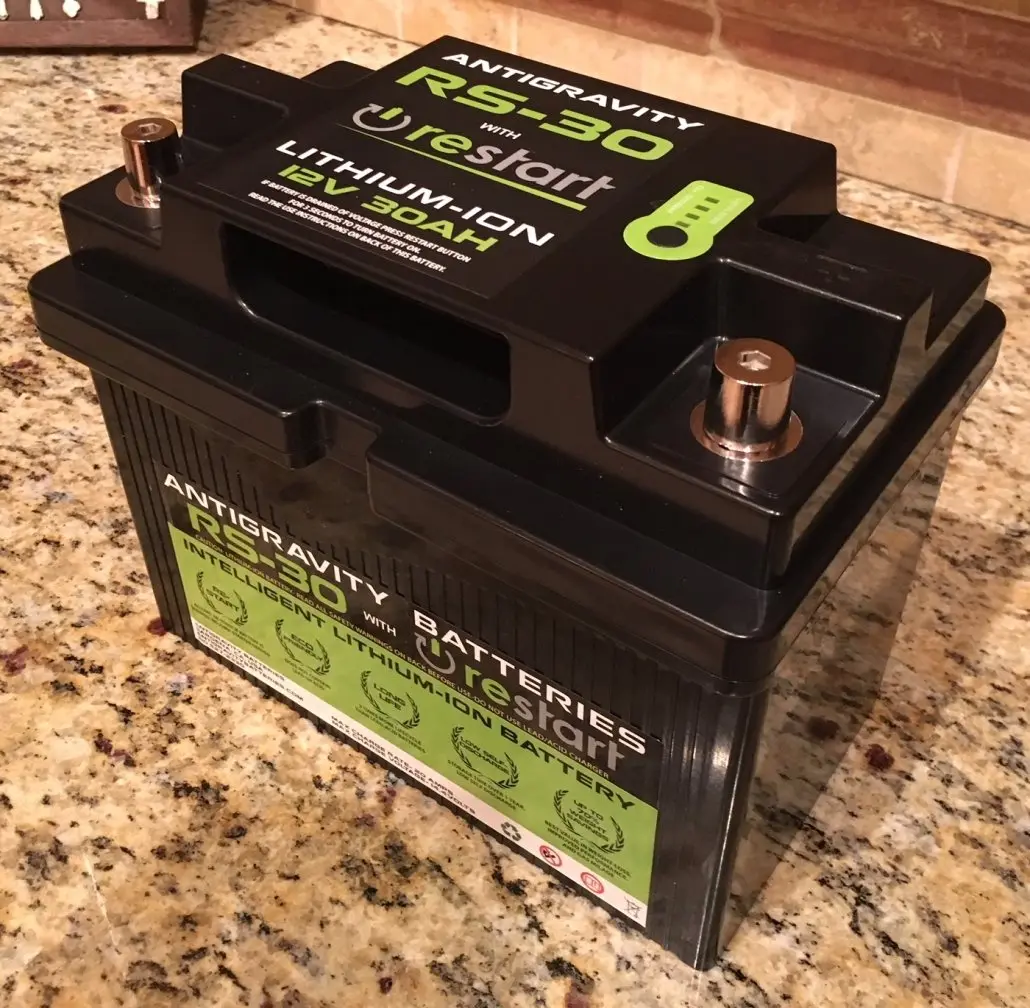
Before moving on to know about the shipping of lithium batteries, let us first explore, what are lithium batteries? Where it is used? What are the types? The answer to, what is a lithium battery, is the batteries that use lithium as its anode is known as lithium batteries, it is as simple as that. Without realizing many of the products and devices we use every day have batteries that contain lithium. Here are some popular consumer products that use these types of batteries Laptops, Tablets, Mobile phones, iPhones, iPads, Measuring equipment, Drones, Automated external defibrillators (AEDs)., and the use is not at all limited to this list, in fact, the uses of this battery are limitless. Having discussed the battery and its uses let us now see the types of these batteries. The lithium batteries are divided broadly into two types 1. Lithium-ion and 2. Lithium metal. While the former one is rechargeable and used in almost all types of portable devices the latter one uses lithium metal as its anode and forbidden in many cases.
Is lithium battery a dangerous good?
The next question which comes to mind is whether or not these batteries come under the dangerous goods category. The simple answer for this is yes, of course. In fact, the devices which use this also come under the dangerous goods category. The reasons for labeling these under dangerous goods category are,
- They’re highly flammable and can cause fires if wrongly packaged.
- They react sensitively to environmental factors.
- There’s a higher chance of their short-circuiting.
Can we ship lithium batteries?
Now knowing enough about lithium batteries, a question that naturally comes to our mind is can I ship lithium batteries? The short and simple answer to this is, “yes you can”. But, it’s a little more complicated and different from the way you ship other items by just putting them in an envelope and shipping it. To reduce the chances of your lithium batteries exploding or being damaged while in transit, you must avail the service of a reputable courier that has proper guidelines and dedicated persons in place for shipping these dangerous items.
Lithium Batteries Manufacturers in Shenzhen, China
It is a well-known fact about China’s ability and expertise in producing lithium batteries. It is a global exporter of lithium batteries. There are many lithium-ion battery manufacturers in Shenzhen, China, to list out a few of these names must be included.
Shenzhen BAK Technology Co. Ltd
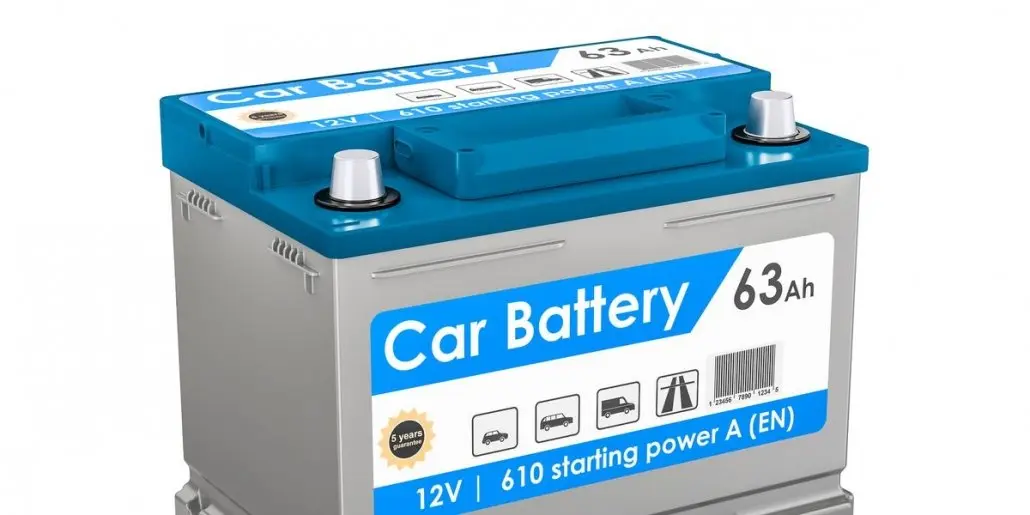
Shenzhen BAK Technology Co. Ltd. is a well-known and second-largest manufacturer of batteries in China. The company manufactures and exports different types of rechargeable batteries. They are mostly known for their Lithium-ion, Li-polymer, and LiFePo4 batteries. They also manufacture mobile phone batteries under the brand name BAKTH. Almost 75% of their manufactured products are exported to other countries while 25% of products are consumed within the country. BAK Technology was founded in 1997 and evolved as one of the largest manufacturers in the country in the last two decades. They now have more than 3,500 employees while their factory covers more than 60,000 square meters. The monthly capacity of the company is 19 million products. In total, they manufacture different products under 15 production lines. It’s also an ISO 9001:2000 certified while all of their products are claimed to be compliant with US and EU standards.
Shandong Golden Cell Electronics Technology Co., Ltd
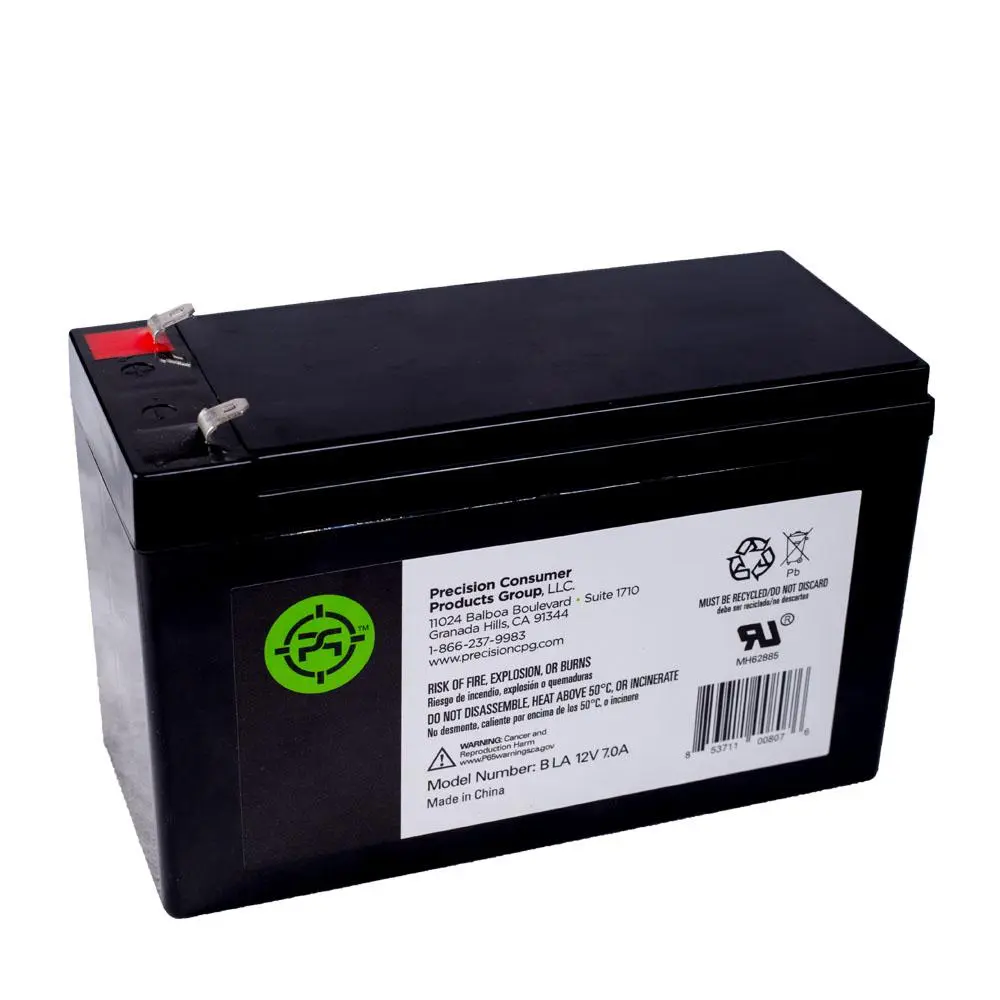
Shandong Golden Cell Electronics Technology Co., Ltd is a subsidiary of the Heter Electronics Group that was established in 2003. The company manufactures and exports different types of rechargeable batteries including lithium batteries. Heter Electronics Group owns 6 subsidiaries, all manufacturers and exporters of electronic items. The factory owned by the company covers 220,000 square meters of land. The product range offered by the company includes:
- Lithium-ion batteries
- Power batteries and battery packs
- Automobile batteries
- Super capacitors
- Custom-made battery packs
- Lithium-ion, lithium polymer, and LiFePO4 battery packs
The company is also ISO 9001:2008, ISO/TS 16949, and OHSAS 18001 certified along with other certifications like RoHS and UL. Even though they market their products under their own brand names, Heter and Golden Cell Electronics, but they also offer OBM, ODM, and OEM services. They export more than 85% of their products to other countries. Some of their well-known global clients are ATL, BPL, Siemens, Magna, GE, China Unicom, China Mobile, and CGG.
Shenzhen Eastar Battery Co. Ltd
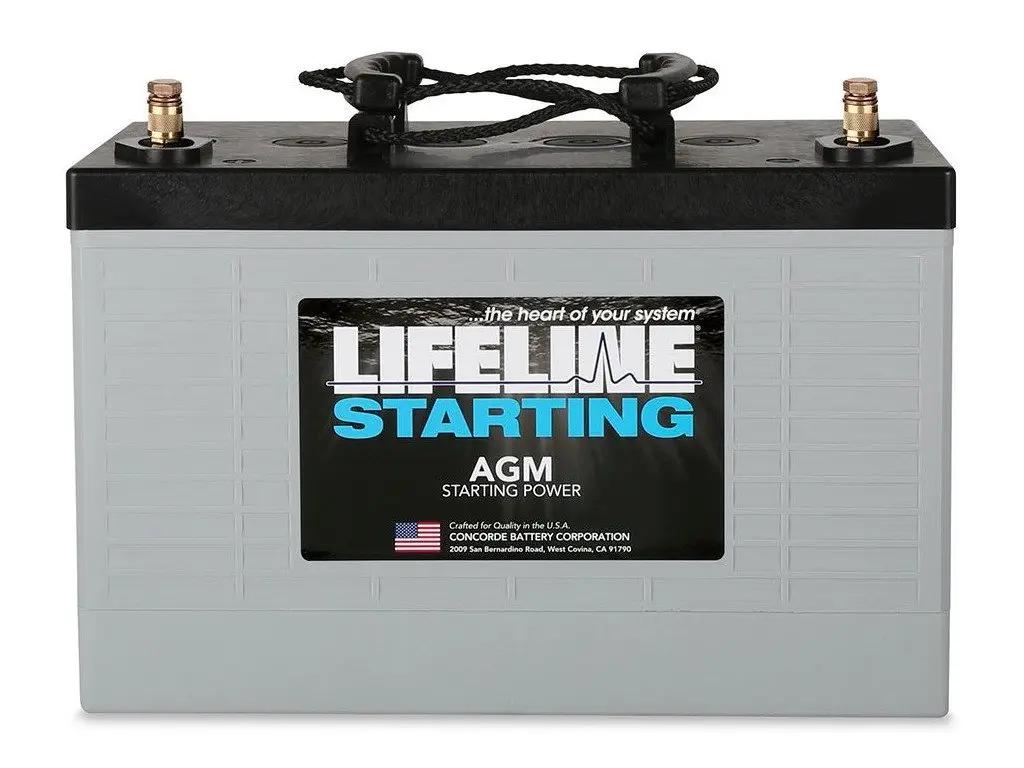
Shenzhen Eastar Battery Co. Ltd was established in 1997 as a manufacturer of batteries based in Guangdong. They started with carbon and alkaline batteries, but they now also manufacture NiMH, NiCD, and lithium batteries. The company has six manufacturing facilities covering 200,000 square meters of land. They have separate factories for different types of batteries based in Shenzhen and Xingfeng. It’s also an ISO 9001 certified company with EU standards and UN 38.3 certifications as well that offers OEM, ODM, and OBM services to their global clients.
Shipping Lithium Batteries Internationally
If you’re planning to ship lithium batteries internationally, there are certain regulations and requirements you will have to follow, here are few of those if not all:
- Lithium batteries weighing more than 35kgs must be approved by the national authority before shipment
- Defective or damaged lithium batteries must not be transported
- Batteries should be packaged to prevent short-circuiting while in transit
- Waste lithium batteries meant for recycling shouldn’t be transported by air unless they’ve been approved by the national authority and airline
- Any package bearing a lithium battery shipping label should also be marked as dangerous goods and have the necessary documentation
- It may be necessary to use specialized packaging to ensure safety
What if you choose to overlook the guidelines? The answer to that is, couriers, airlines, and governments have battery regulation guidelines in place for good reason. The consequences of disobeying the guidelines can be dangerous and will be hard to handle. At best of its consequence for you not complying with these guidelines might mean that your shipment is rejected by your chosen courier and you can’t get your battery where it needs to go, and the worst cases are hard to imagine.
Shipping Batteries by Courier
The following are a few of the guidelines for transporting batteries in general which also applies to the lithium batteries are listed below. To make sure you’re staying safe, you should ensure that your shipments are in line with these battery shipping regulations. Few reputed courier service providers like DFH logistics take care of these shipping regulations for their customers, but it is always better to have information about those. Here are a few tips to consider while planning to transport batteries:
- Make sure that batteries and terminals are well protected to avoid short-circuiting
- Cover terminals with insulating, non-conductive materials
- Pack each battery in fully-enclosed interior packaging to protect the terminals
- Don’t place heavy items on packed batteries
- Keep batteries away from other metal objects that may cause short-circuiting
- Avoid turning on devices with installed batteries while being shipped
- Put a protective covering on the switches of any device with these batteries to prevent accidental activation while in transit
- Don’t store batteries in extreme heat
- Ensure that batteries are not defective or placed incorrectly in devices
- Pad the device in the package to avoid movement that might lead to accidental activation
- Label the shipment to make it obvious that it contains lithium batteries or dangerous goods.
Packaging, Labeling, and Documentation
Generally, a strong and rigid outer packaging is preferred for a package containing lithium batteries. Additional markings and labeling may also be required depending on the type of lithium batteries. The commonly available packaging with most of the courier service provider cannot be used as outer packaging for lithium batteries, however, most of the reputed courier services have branded boxes and tubes in line with the guidelines of the IATA DG regulations which can be used as outer packaging. The last and most important point to ensure that the batteries getting prepared for shipment must not in any way defective, damaged, or have the potential to produce any dangerous outcomes in the transit period.
Having discussed the guidelines and other details of shipping lithium batteries, these are some specific requirements the shipper has to comply with and must be verified both from government agencies, world organizations, and couriers. The following are, if not all, but few of the important ones:
- The national authority or courier service provider must approve the shipment.
- The shipper must ensure that the shipment is labeled appropriately with the ‘Dangerous Goods’ label.
- Packaging of the shipment must be done in compliance with specific guidelines, sometimes requiring usage of specific boxes, and insulating materials, etc.
- The shipper may take the help of a professional packer certified with handling and packaging the shipment, the certification is known as HazMat certification and it should be a valid one within the expiry dates.
- Another form of shipping lithium batteries is when you need to ship the products or devices having lithium batteries in it. For such types of shipments here are some points needed for consideration.
- In most of the cases, several documents and certifications need to be prepared for a courier to accept your package containing lithium batteries for shipment. Here, some of such paperwork, which will be needed to be done before shipping lithium batteries contained in a product, are discussed. However, it is always advisable to check with the specific requirements of the courier service provider before sending any package containing lithium batteries as it is or in a product.
- Some couriers require a Dangerous Goods Contract to be signed by the shipper shipping a package containing lithium batteries in it. It varies from courier to courier and case to case, so you should discuss with the courier service provider regarding the specific consignment needed to be shipped.
- A Material Safety Data Sheet (MSDS) may be required which contains the information about the potentially hazardous materials needed to be shipped, the airline courier you have chosen for your service may ask to produce this document before accepting your shipment.
- You may be asked to present the UN38.3 Certificate which is a testimony that your battery is tested according to the UN guidelines and is fir for transportation.
It is wise to keep it in your mind that the procedures to get all the documents and certifications done will take time, in fact, sometimes it takes months for getting all the relevant and required paperwork done, that too assuming your lithium batteries or the products containing it would pass all the inspections by the certifying agencies. Knowing that it is always advisable to start this process well ahead of your schedule for the job to be done smoothly.
Few reputed courier service providers like DFH logistics provide support to their customers regarding packaging, regulations, and documentation. However, the thing to keep in mind that, the documentation process is tedious and some of these documents are only valid for a certain period, and after that period these lose all their credibility, so needs to be done again. So it is good for you to keep track of the time period for these documents.
Shipping Batteries by Air

Can lithium batteries be allowed to be transported by air? The answer to this question is yes, however, the conditions at which these are allowed and restricted are based on the guidelines prescribed by the International Air Transport Association (IATA). Here is the summary of the guidelines issued by IATA for the transport of lithium batteries by air. You will find the detailed documentation relating to the transportation of lithium batteries on IATA’s website.
- The shipments containing lithium-ion batteries by itself are prohibited to be transported by passenger-carrying aircraft. The shipment is allowed to only transport by cargo aircraft after fulfilling the required packaging guidelines for lithium batteries and has a Cargo Aircraft Only label on it.
- The above set of guidelines must also be followed for transporting lithium metal batteries by itself.
- All lithium batteries must not be transported only at a state of charge (SoC) not exceeding 30% of their rated capacity. Cells and/or batteries at an SoC of greater than 30% may only be shipped with the approval of the State of Origin and the State of the Operator under the written conditions established by those authorities.
- Lithium metal batteries must not be packed in the same outer packaging with dangerous goods classified in explosives flammable gases, flammable liquids, flammable solids, or oxidizers. Packages containing cells or batteries must not be placed in an over pack with packages containing dangerous goods listed in the previous sentence.
- Cells and batteries must not be packed in the same outer packaging with other dangerous goods. Shippers are restricted from offering one package per consignment. Packages and over packs must be offered to the operator separately from other cargo and must not be loaded into a unit load device before being offered to the operator.
- When pre-production prototypes of lithium batteries or cells are transported for testing, or low-production runs (i.e. annual production runs consisting of no more than 100 lithium cells and batteries) of lithium cells or batteries that have not been tested to the requirements of the UN Manual of Tests and Criteria, may be transported aboard cargo aircraft, if approved by the appropriate the authority of the State of origin and the requirements in Packing Instruction of the Supplement to the Technical Instructions are met.
- Lithium batteries, identified by the manufacturer as being defective for safety reasons, or that have been damaged, that have the potential of producing a dangerous evolution of heat, fire, or short circuit are forbidden for transport by air (e.g. those being returned to the manufacturer for safety reasons). This applies also to lithium cells or batteries installed inside equipment such as mobile phones, laptops, or tablets where the devices are subject to recall due to the safety concerns of the lithium cell or battery installed in the device.
- However, Batteries that have some other defective feature (e.g. LEDs not showing the charge, incorrect model number on the label, or batteries not holding enough charge) could still be shipped by air. Also, laptops being returned may not have a defective battery, it may not meet the needs of the customer, maybe defective itself (but not the battery), etc. In these situations, air transport would be permitted. The battery or equipment manufacturer should be contacted to determine the appropriate shipping method.
- Apart from following the discussed guidelines, tests must be conducted in line with the criteria prescribed by IATA and a test summary must be generated, and only after verification of the same, the shipment may be allowed for transport through air. The test form must contain these attributes:
- Name of the cell, battery, or product manufacturer, as applicable;
- Cell, battery, or product manufacturer’s contact information to include address, phone number, email address and website for more information;
- Name of the test laboratory to include address, phone number, email address and website for more information
- A unique test report identification number;
- Date of test report;
- Description of a cell or battery to include at a minimum:
- Lithium-ion or lithium metal cell or battery;
- Mass;
- Watt-hour rating, or lithium content;
- Physical description of the cell/battery; and Model numbers.
- List of tests conducted and results (i.e., pass/fail);
- Reference to assembled battery testing requirements, if applicable;
- Reference to the revised edition of the Manual of Tests and Criteria used and to amendments thereto, if any; and
- Signature with name and title of the signatory as an indication of the validity of the information provided.
Shipping Batteries by Sea

The transport of lithium batteries by sea are taken very seriously and it must comply with the regulations prescribed by International Air Transport Association (IATA) and International Civil Aviation Organization (ICAO) for carrying such items as a carrier. The shipper must be aware of all the requirements in shipping these lithium batteries to overcome any challenges or obstacles they may face. Lithium batteries, which are commonly used in devices such as mobile phones, laptops, PDAs, watches, cameras, and children’s toys, are classified as “Dangerous Goods” under IATA DG Regulations since charged battery shipments can overheat and ignite under certain surrounding conditions. Therefore correct measures must be implemented to handle the shipments containing lithium batteries so that those can be delivered to the destination without any trouble.
As lithium batteries are classed under Dangerous Goods, it must be correctly identified and classified, in most of the cases the package containing these must be labeled, marked. Sometimes the regulations of the IATA DG demand that the package must be accompanied by a declaration by the shipper for dangerous goods. The lithium batteries must be shielded and protected to prevent short circuits or contact with conductive materials within the packaging that could cause short circuits. Ensure that packaging is proven i.e. tested to meet the requirements of each test in the UN Manual of Tests and Criteria. Make sure that lithium batteries are completely enclosed either in the equipment or filled by plastic in the void spaces if transported by itself to prevent movement.
Why choose DFH?
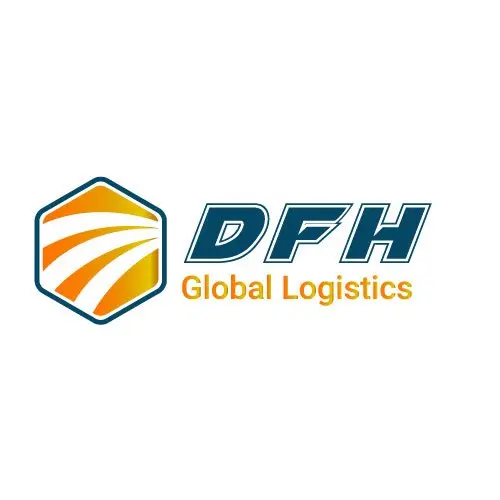
DFH Is Familiar with the Battery Production Areas
As a reputed logistic organization, DFH is very much familiar with the battery production areas of China. So the customers who want to import these lithium batteries can be extremely helpful with this expertise of DFH. DFH also helps in finding a suitable supplier for the requirement of yours. DFH also helps its customers in picking up goods from the factories, repackaging, if required, labeling, and packing in line with the battery packaging guidelines prescribed by the authorities.
Familiar with the Various Policies and Regulations of Battery Export
DFH has dedicated teams that keep the tab of the changing policies and regulations of battery export. If you choose DFH it is our concern to take care of the various policies and regulations. Our dedicated team can make you aware of the regulations so that it will be easy for you to comply with them.
Door to Door Shipping Lithium Batteries from China
DFH logistics has one of the fastest delivery services in the country. It has a warehouse or factory at more than 500 places in the country. For efficient and quick delivery it picks products from the nearest warehouse/factory of the delivery address. It also provides delivery to the ports from which shipment can further proceed to other countries. It has a record of delivering products before time.
Customer Support
It is the motto at DFH to help customers deal with documents and safety certificates required for various battery export. DFH logistic always provides a hand to hand or by mail export customs clearance. It also provides documents which include customer invoice, shipment bill, quality check report, product receiving time & date, delivery time & date
Assured Service
DFH logistics is very particular when it comes to customers’ trust. It has a well-trained team which follows step by step safety procedure to export the products.
Packaging:
Once the product is reached to our warehouse, our team carries out two types of packaging inner packaging by keeping the batter packet inside a non-conductive bag especially a plastic bag. The outer packaging is hard cardboard that completely prevents the goods from damage. It also takes care of the weight of the packets to prevent damage to the products.
Support in Loading and Unloading:
DFH logistics ensures that your goods are handled with utmost safety. While loading and unloading it uses belt transporting belt conveyor to reduce damage to the goods.
Pre-delivery inspection:
DFH logistics always carries out a pre-delivery packaging inspection which is according to company policy. This inspection helps the customer to avoid any further disturbances while the consignments get checked by the authorities.
Warehouse Provision:
DFH provides a limited period facility for the customers to store their consignments before shipping or just after receiving a shipment. DFH logistics takes the utmost care of the goods when goods are under its responsibility. It has the scheme to provide safe 30-60 days free warehouse facility when the goods cannot be delivered to the end customer due to various issues like transportation, technical, natural disaster. It always tries to be in contact with the end customer until the goods are delivered.
Professional transportation solutions:
DFH undertakes the transportation of lithium batteries by sea, air, and express most professionally. The mode of transportation determines the efficiency of moving goods. It easily highlights the company’s moving load, delivery speed, service quality, operation cost, customer satisfaction, and saving manpower. DFH logistics has three modes of transportation by sea, air, road, and rail express. Transportation mode depends on cost, time, quantity, safety, and permission. Our company always tries to deliver to the customers at a low cost, safest way and in a very short time.
Reasonable Transportation Costs:
Our company always tries to maintain low-cost transportation, while ensuring the highest safety and customer satisfaction. We have a very transparent system to calculate transportation costs including mode of transport cost, warehouse cost, service cost, and inventory cost. The weight/ quantity of goods is also an important factor while calculating transportation costs.
One to One Customer Support from Transportation Experts:
DFH has very much experienced transportation experts who will connect one to one with the customers and resolve any queries the customers have during the process.

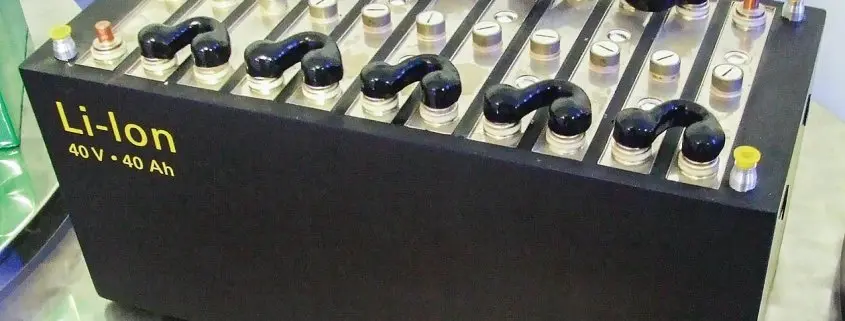


Leave a Reply
Want to join the discussion?Feel free to contribute!